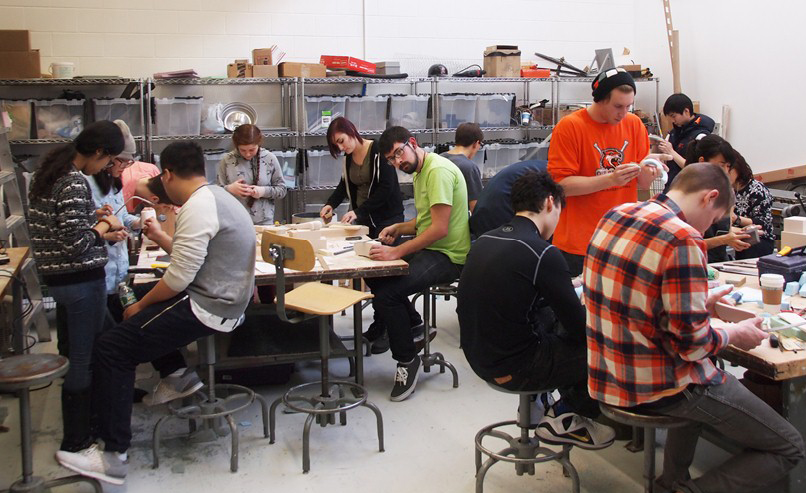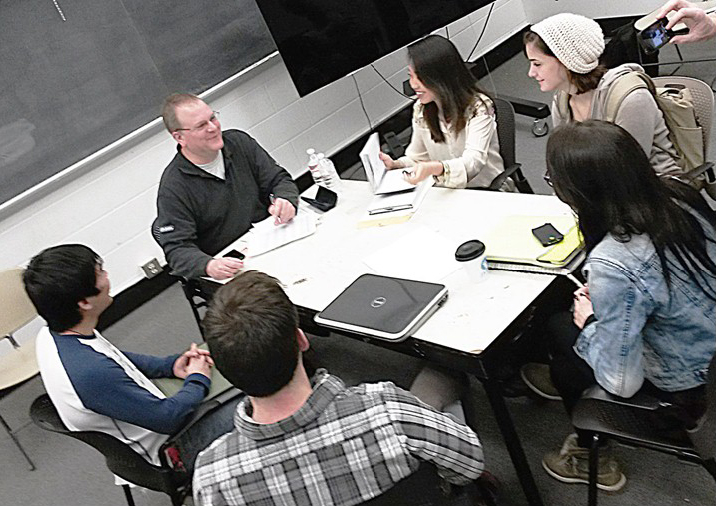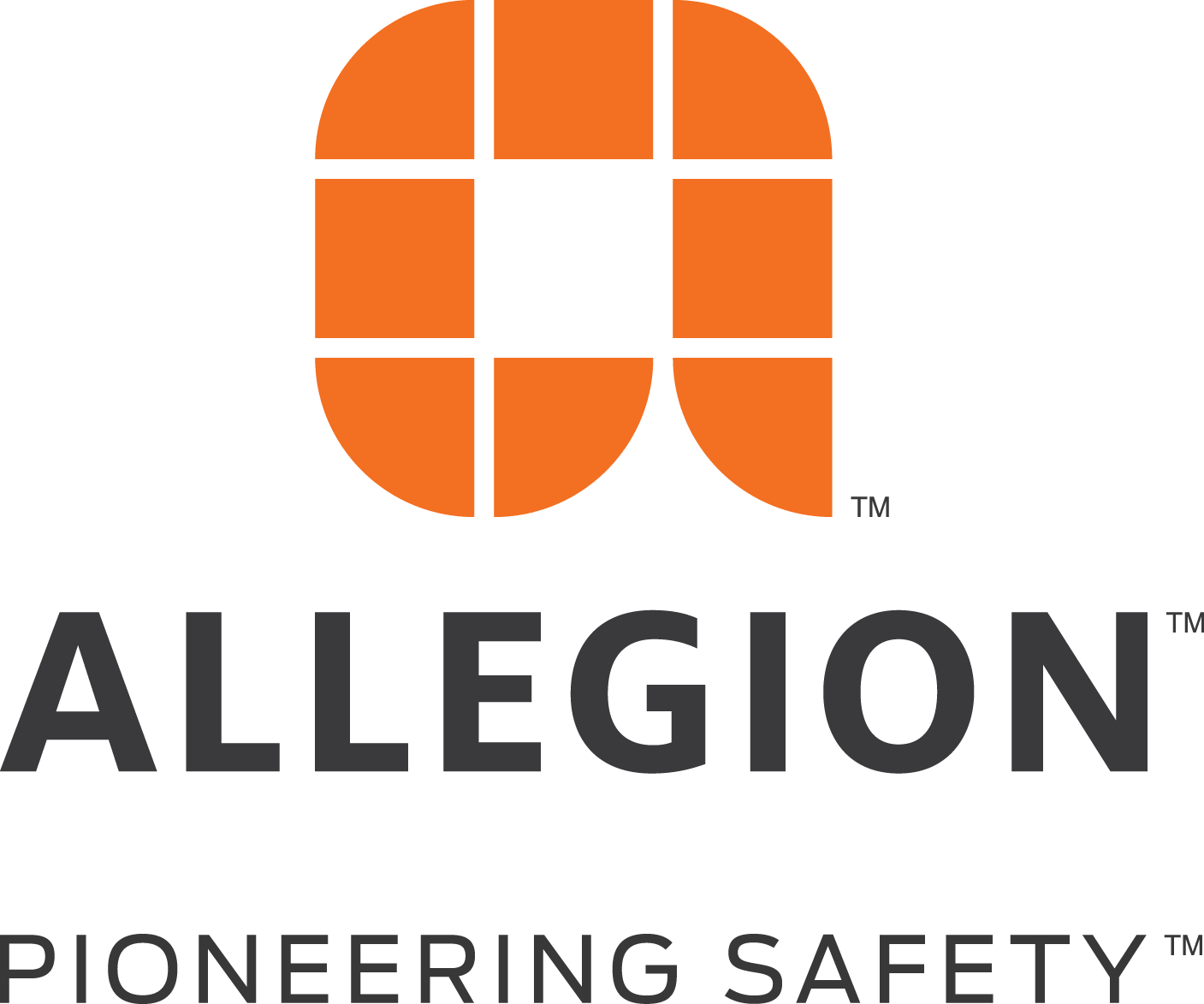19 June,2015 - Allegion issued a challenge to nearly 300 industrial design students at theRochester Institute of Technology(RIT) to design one of three styles of door handle locks to improve the lives of elderly users. But the clock was ticking.

Students only had 151 hours to create the design and prepare a competition-worthy presentation.
T-minus 151 hours is an annual design project hosted at RIT. Students form into teams of five (freshman through graduate student) to complete a project assigned by the sponsoring company. As this year's sponsor, Allegion chose to focus on products for the aging population.
The purpose of Allegion's involvement was to:
- Explore a new method of idea generation
- Evaluate the effectiveness of a large group designing over a short period
- Establish relationships with designers and potential hires for recruiting and to enhance our co-op program
- Create innovative product solutions targeting an aging population

Ted Roberts, Allegion industrial design manager and RIT graduate, established the partnership and led the initiative. He kicked off the initiative with workshops on lock basics, functions, features and materials. After the students received their team assignments, they got started on concepts. Throughout the week, Roberts met with every team to answer questions and provide feedback, which the students nicknamed "Ted Talks."
"The energy was fantastic!" Roberts said. "The students did a good job grasping the problems they had to solve. It's exciting to have 288 people thinking about your products."
The students and faculty appreciated Roberts' engagement.
"In past years, we've had sponsors come and kick off a project and then come in at the end and judge it," said Josh Owens, RIT industrial design program chair. "This year, Ted was in residence for the entire week. This led to a rich advantage that is rare for a designer to have during the process of understanding a problem, and Ted was really generous."
At the end of the week, Allegion Portfolio Manager Dave Perozzi joined Roberts and Owens for judging. Each team had only three minutes to present their product.
All winners received Kryptonite locks, a popular product among college students.
After the event, Allegion internally reviewed every project and selected three to patent and pursue (students receive the patent). Allegion also gained a co-op student from this partnership. Kelly Zheng is currently an intern in industrial design. Her team won the Most Innovative award.
"This project got me to notice 'invisible' objects and unconscious experiences that we come across every day," said Zheng. "It makes me appreciate the details and intellect that went into creating such modest designs."
Check out "5 questions with Kelly Zheng" to learn more about her experience.
Allegion plans to continue the strong partnership developed with RIT during T-minus 151 hours by working with individual classes for semester-long projects.

.jpg)


